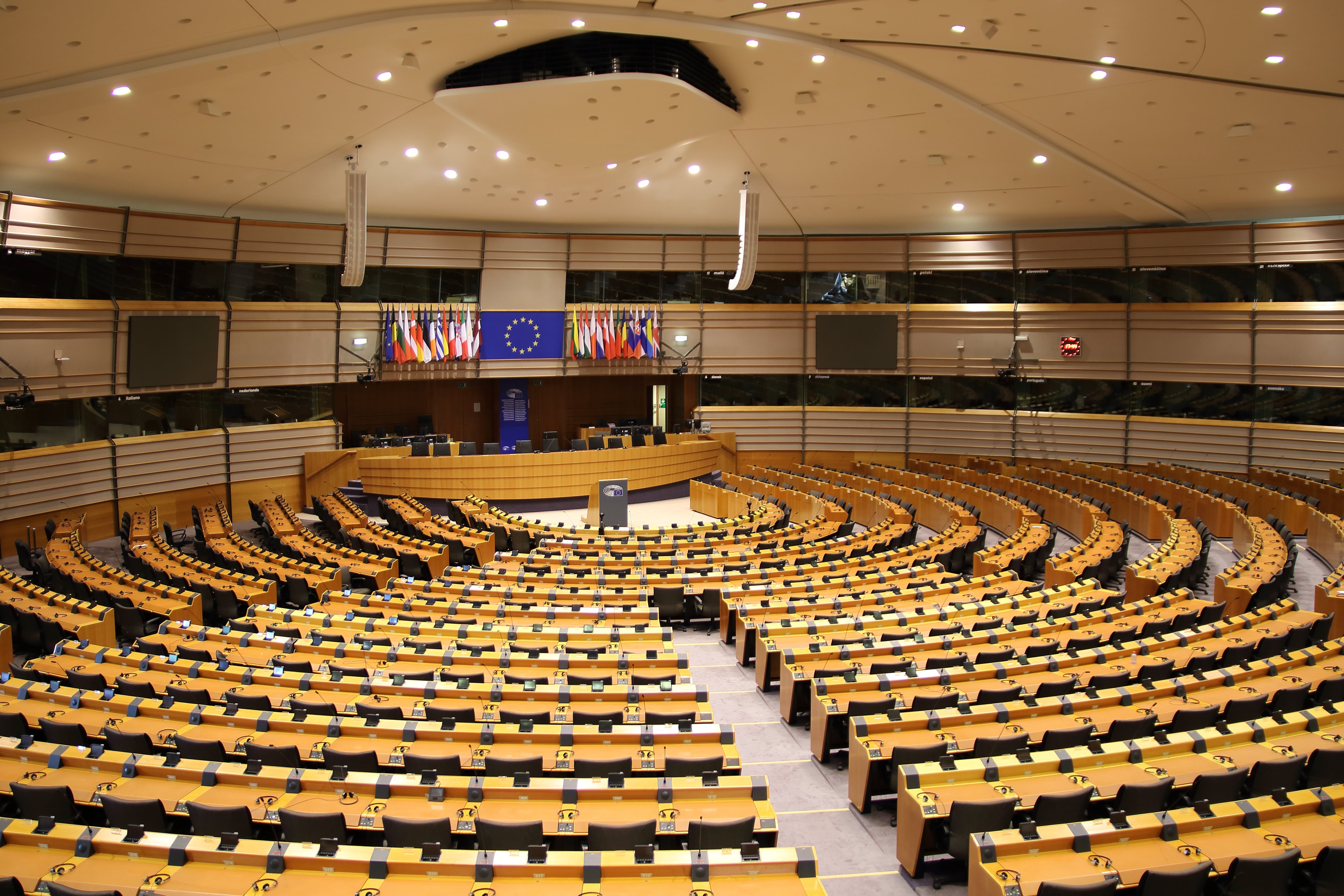New EU law will stop people being targeted for ads based on race, religion, and sexuality
Large companies that violate the rules could be fined up to six per cent of their global sales

Your support helps us to tell the story
From reproductive rights to climate change to Big Tech, The Independent is on the ground when the story is developing. Whether it's investigating the financials of Elon Musk's pro-Trump PAC or producing our latest documentary, 'The A Word', which shines a light on the American women fighting for reproductive rights, we know how important it is to parse out the facts from the messaging.
At such a critical moment in US history, we need reporters on the ground. Your donation allows us to keep sending journalists to speak to both sides of the story.
The Independent is trusted by Americans across the entire political spectrum. And unlike many other quality news outlets, we choose not to lock Americans out of our reporting and analysis with paywalls. We believe quality journalism should be available to everyone, paid for by those who can afford it.
Your support makes all the difference.Technology companies like Google and Facebook face tighter regulations on advertising after a European Parliament vote.
The vote will stop platforms from using sensitive data to target users with ads, as well as making it easier for users to opt out of tracking. Sensitive data could include sexual orientation, race, and religion.
“Historic milestone in the European Parliament: We just voted in favour of restricting the data-invasive practices of #BigTech and want to ban all targeting based on sensitive personal data!”, parliament member Tiemo Wölken tweeted.
“With a huge majority, the European Parliament adopted the Digital Services Act. A big win, with support from left to right”, fellow member Paul Tang said.
Large companies that violate the rules could be fined up to six per cent of their global sales. Meta, which owns Facebook, accumulated $109.48 billion in revenue in 2021.
Alphabet, Google’s parent company, accumulated $65.1 billion in Q3 2021 alone; in 2009, it made $5.9 billion in the same quarter.
However, parliament members voted against banning targeted advertising completely.
The rules could come into effect as early as 2023 as part of 2020’s Digital Services Act.
“We share the goal of MEPs to continue to make the internet safer for everyone and the vote on the DSA clears the way for a final agreement later this year, something we support. We will now take some time to analyze the final Parliament text to understand how it could impact us and our different users”, a Google spokesperson said.
Facebook did respond provide comment when asked by The Independent before time of publication.
Since the UK has left the European Union these rules will not directly affect legislation, although it is possible similar rules could come into place with the Online Safety Bill.
Join our commenting forum
Join thought-provoking conversations, follow other Independent readers and see their replies
Comments